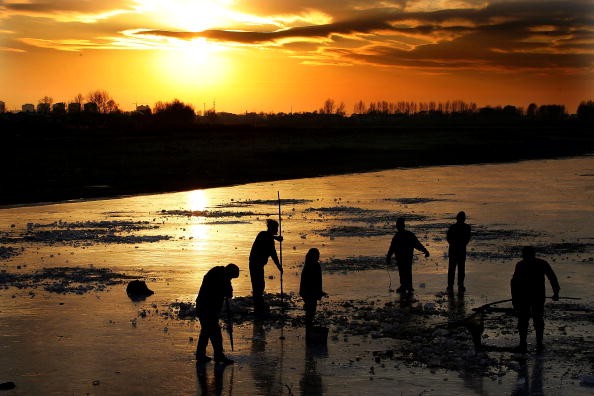For years, China's ambition to produce more potatoes and potato products--potentially the country's new staple food that will help ensure food security--has been held back by pollution problem. Thanks to a new technology, the country may now soon achieve this feat.
As reported by state-run Xinhua News Agency, scientists in the country have developed a new means to make fertilizer out of potato effluent--the waste water discharged by potato processing plants.
The protein-rich water starch discharge has long been blamed for causing pollution in rivers and other bodies of water.
According to Liu Gang, a researcher at the Chinese Academy of Sciences, Lanzhou institute of chemical physics, "there has been no technical solution to this problem" for years now.
The lack of such technology has prompted environmental officials to shut down over 10,000 small plants. Liu pointed out that this move of the government has impacted and hurt the potato farmers and the market as a whole.
Taking this into account, Liu's team of researchers developed a technology that can decrease the chemical oxygen demand (COD) of the effluent by 50 percent. This was done by removing starch, protein and fiber.
With the new technology, the processed water does need to be dumped anymore as its high amount of nitrogen, phosphorous and potassium makes it a qualified, even perfect, irrigation water, the report noted.
After undergoing LA four-year test, the said water was proven to be harmless to crops.
Currently, three starch companies are employing the technology to purify their discharge.
Data shows that China is the world's largest potato producer. Potatoes are more suitable for cultivation than wheat and rice because of its resistance to cold and drought.
The country has 5.6 million hectares for the crops. But based on the plans of the Ministry of Agriculture, the country aims to expand this to 10 million hectares to produce 50 million tons in five years' time.
Chinese firms have also diversified products from potato starch that are more familiar to the populace as staple food, such as buns and noodles, among others.



























